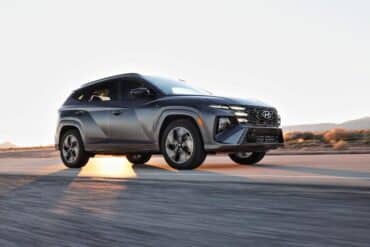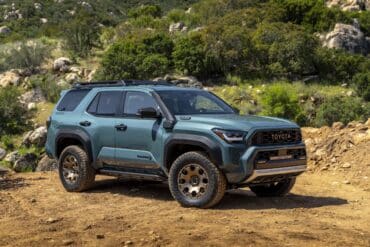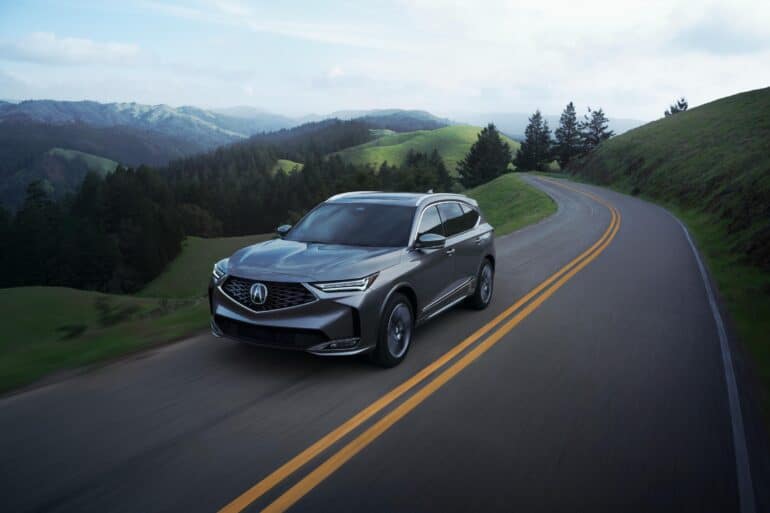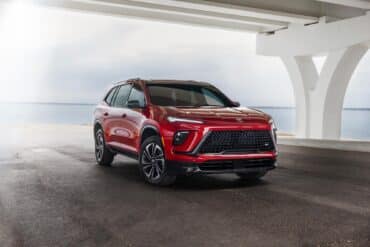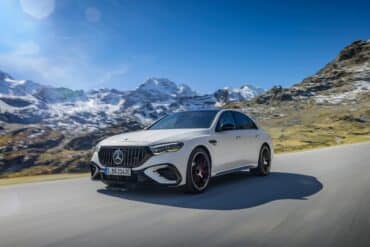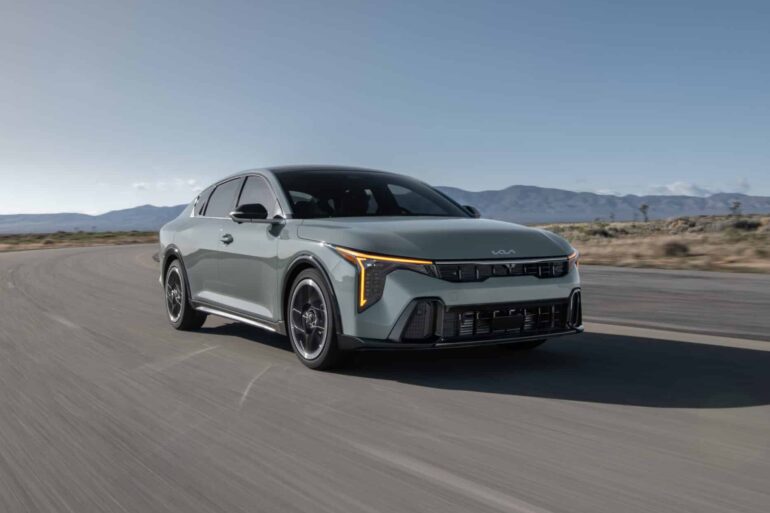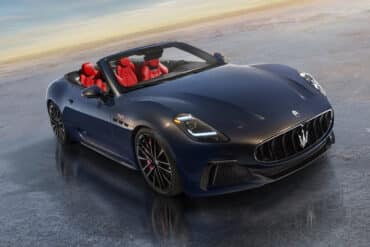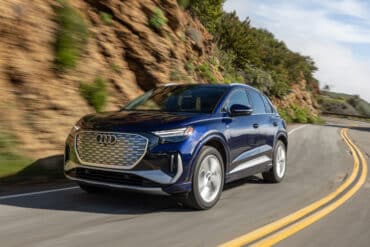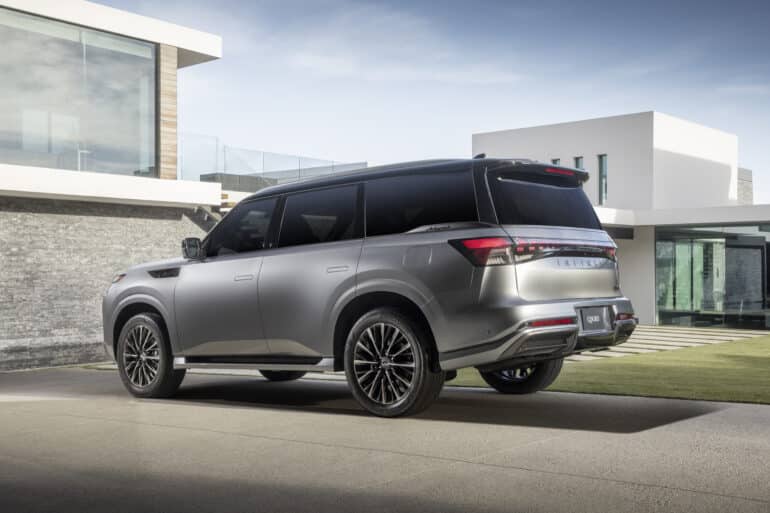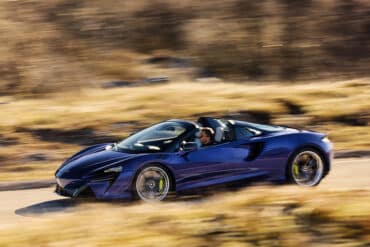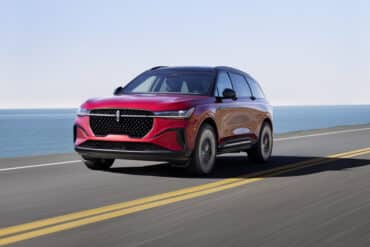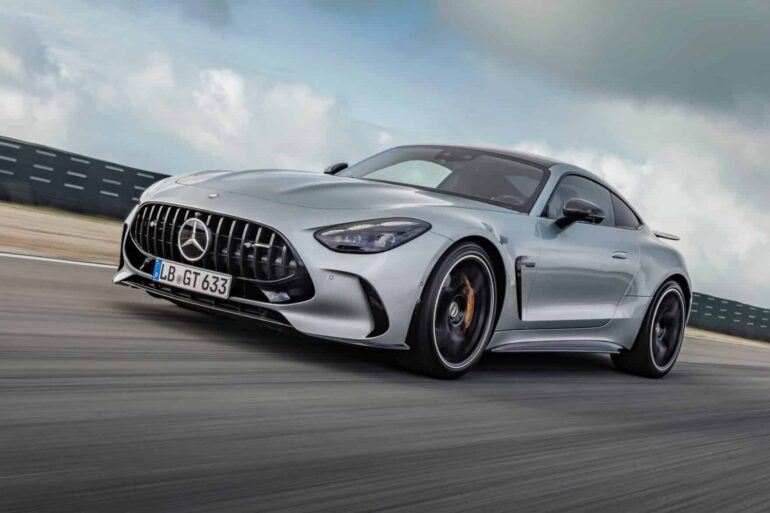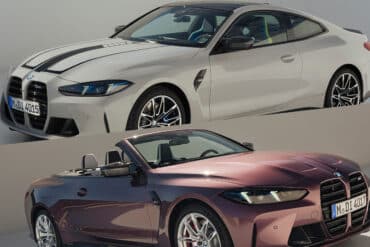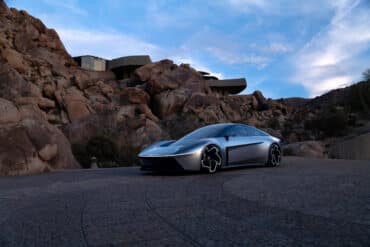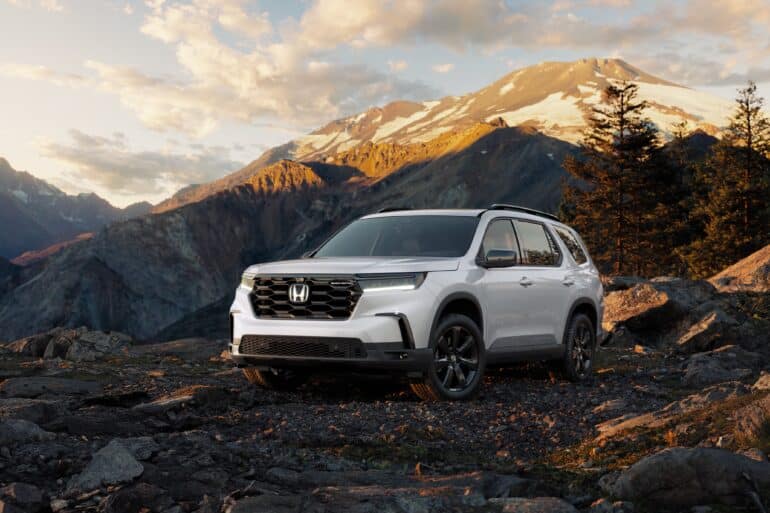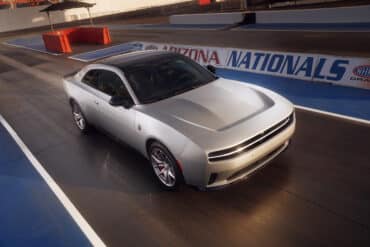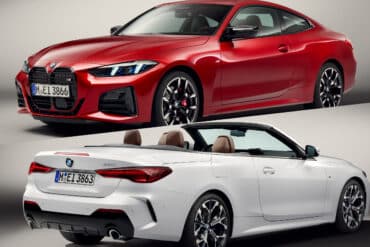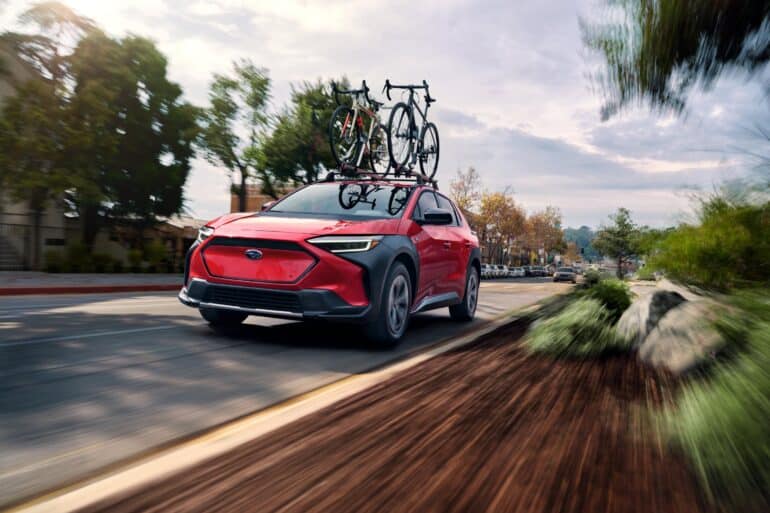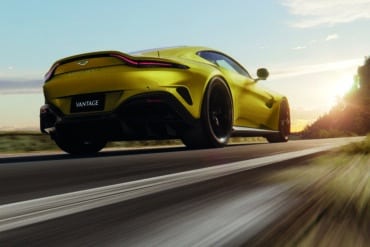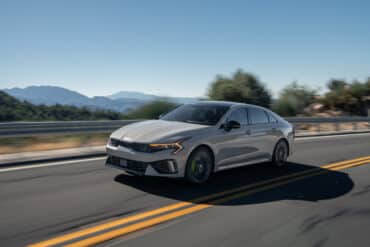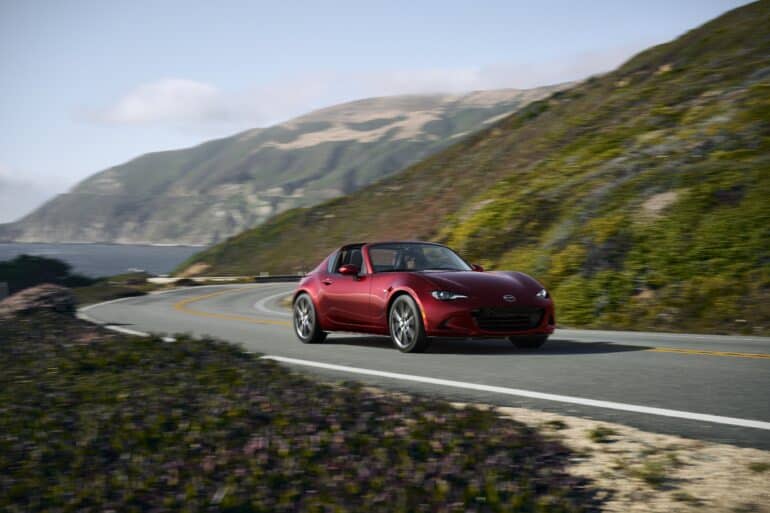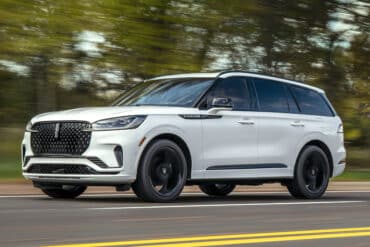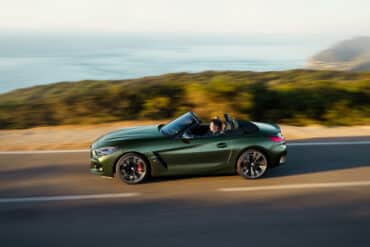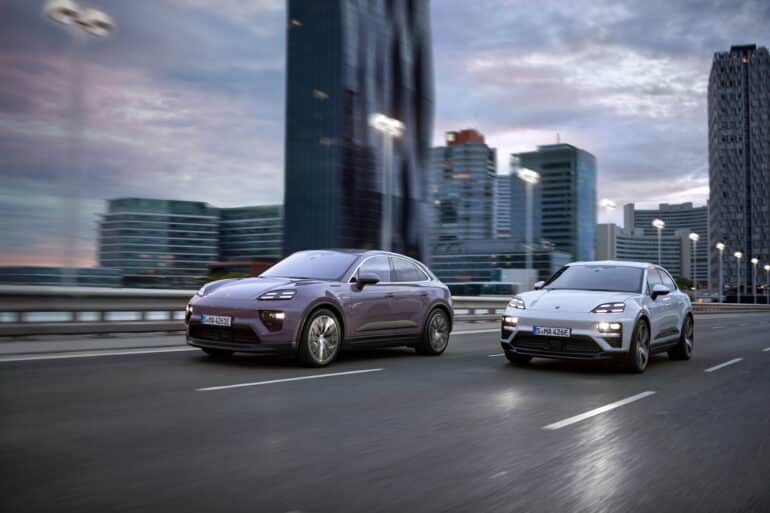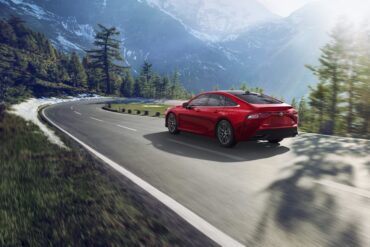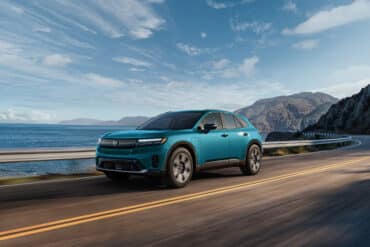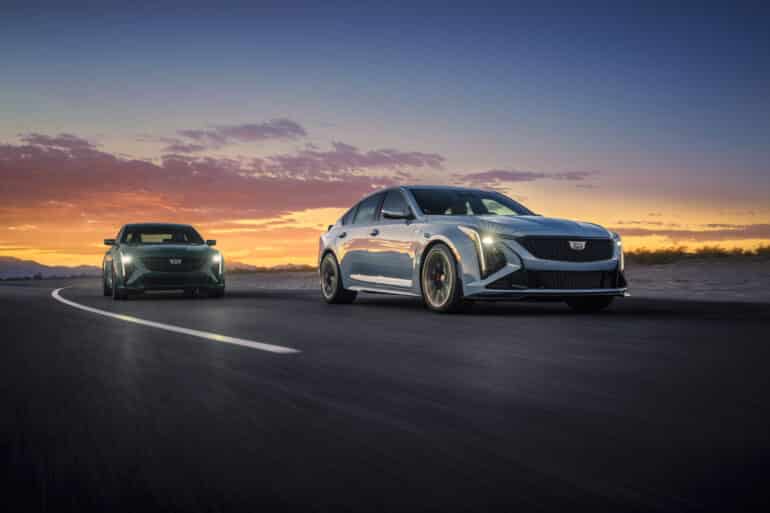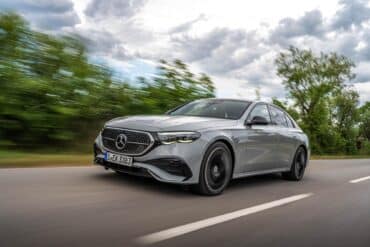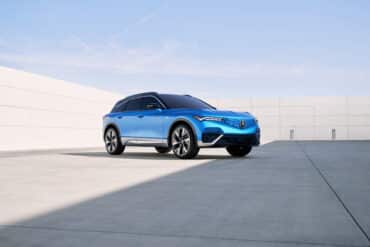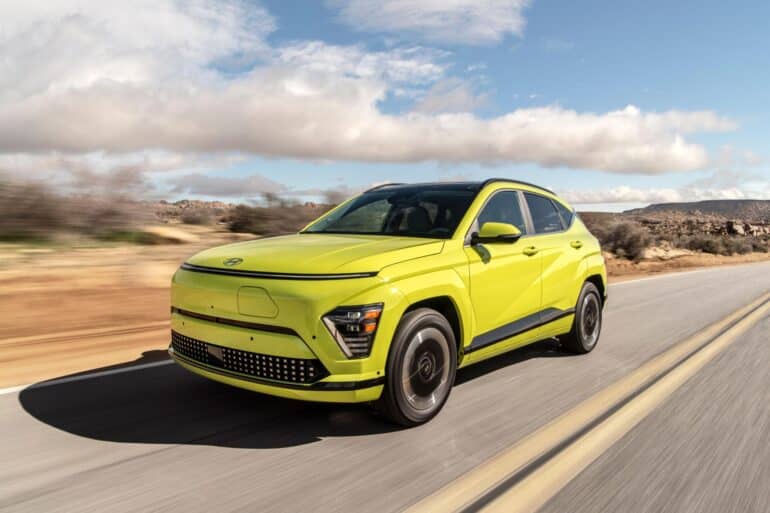The 2025 Hyundai Tucson is available as a hybrid, plug-in hybrid, or with a conventional internal combustion powertrain.
The 2025 Toyota 4Runner marks the much-awaited sixth-generation variant of the Japanese automaker’s top-selling midsize SUV.
The 2025 Acura MDX has been refreshed to keep pace with other premium machinery, like the Genesis GV80, Lincoln Nautilus, and Volvo XC90.
The 2025 Buick Enclave is ready to attract buyers with its concept styling, powerful turbo engine, and luxurious touches inside the cabin.
The 2025 Mercedes-AMG E 53 Hybrid is a plug-in hybrid version of the much-beloved E-Class sedan.
The 2025 Kia K4 made its official debut at the 2024 New York International Auto Show.
The 2024 Maserati GranCabrio is an open soft-top sports car with a twin-turbo V6 and neck warmers for driving in cooler weather.
Buyers can look forward to a horsepower jump, quicker DC fast charging, and more driving range.
The third-generation Infiniti QX80 debuted at the 2024 New York Auto Show, inspired by the QX Monograph concept vehicle revealed in 2023.
The 2025 McLaren Artura Spider is the British automaker’s first convertible hybrid supercar.
The 2024 Lincoln Nautilus is an all-new, five-seat luxury crossover with a massive 48-inch panoramic interior display.
The 2024 Mercedes-AMG GT Coupe is the second-gen variant of the German auto giant’s weapon of choice against the all-conquering Porsche 911.
The 2025 BMW M4 Coupe and Convertible have received a host of styling, interior, and powertrain updates.
American automaker Chrysler has given us a glimpse into its all-electric future with the Halcyon Concept
The 2025 Honda Pilot is the automaker’s largest three-row crossover SUV, with a cabin accommodating seven or eight passengers.
The 2024 Dodge Charger Daytona is the production version of the brand's Charger Daytona SRT Concept that debuted in 2022.
The 2025 BMW 4 Series coupe and convertible feature a 48V mild hybrid system and the latest connectivity features.
Subaru has given its first-ever EV, the Solterra, a few sensible updates for the 2024 model year.
The 2025 Aston Martin Vantage is the automaker’s latest grand touring sports car after debuting the DB12 in 2023.
The 2025 Kia K5 has received a mid-cycle refresh to keep it savvy in the company of its popular Accord, Camry, and Sonata competition.
The 2024 Mazda MX-5 Miata is the quintessential two-door, soft-top (or hardtop) sports car that won’t break the bank.
The 2025 Lincoln Aviator has received a mild facelift to keep it fresh in the popular midsize crossover segment.
The BMW Z4 M40i is finally available with a manual gearbox for the 2025 model year!
The 2024 Porsche Macan is a follow-up to the magnificent Taycan and is the German automaker’s second battery-electric vehicle in North America.
The 2024 Toyota Mirai is a fuel-cell electric vehicle (FCEV for short) with a "plug-less" system that converts hydrogen into electricity.
The 2024 Honda Prologue is the Japanese automaker’s first electric vehicle in North America.
The 2025 Cadillac CT5-V could give drivers of a Mercedes-Benz E-Class, Genesis G90, or BMW 5-Series second thoughts with its 3.0TT turbocharged V6 engine.
The 2024 Mercedes-Benz E-Class is the sixth-generation variant of the German automaker’s longstanding midsize luxury car.
The 2024 Acura ZDX follows the Honda Prologue as the fruits of a Honda and General Motors partnership that commenced in 2020.
The 2024 Hyundai Kona Electric, the second-gen variant of Hyundai’s popular compact SUV, leads the brand’s charge in the affordable EV category.

